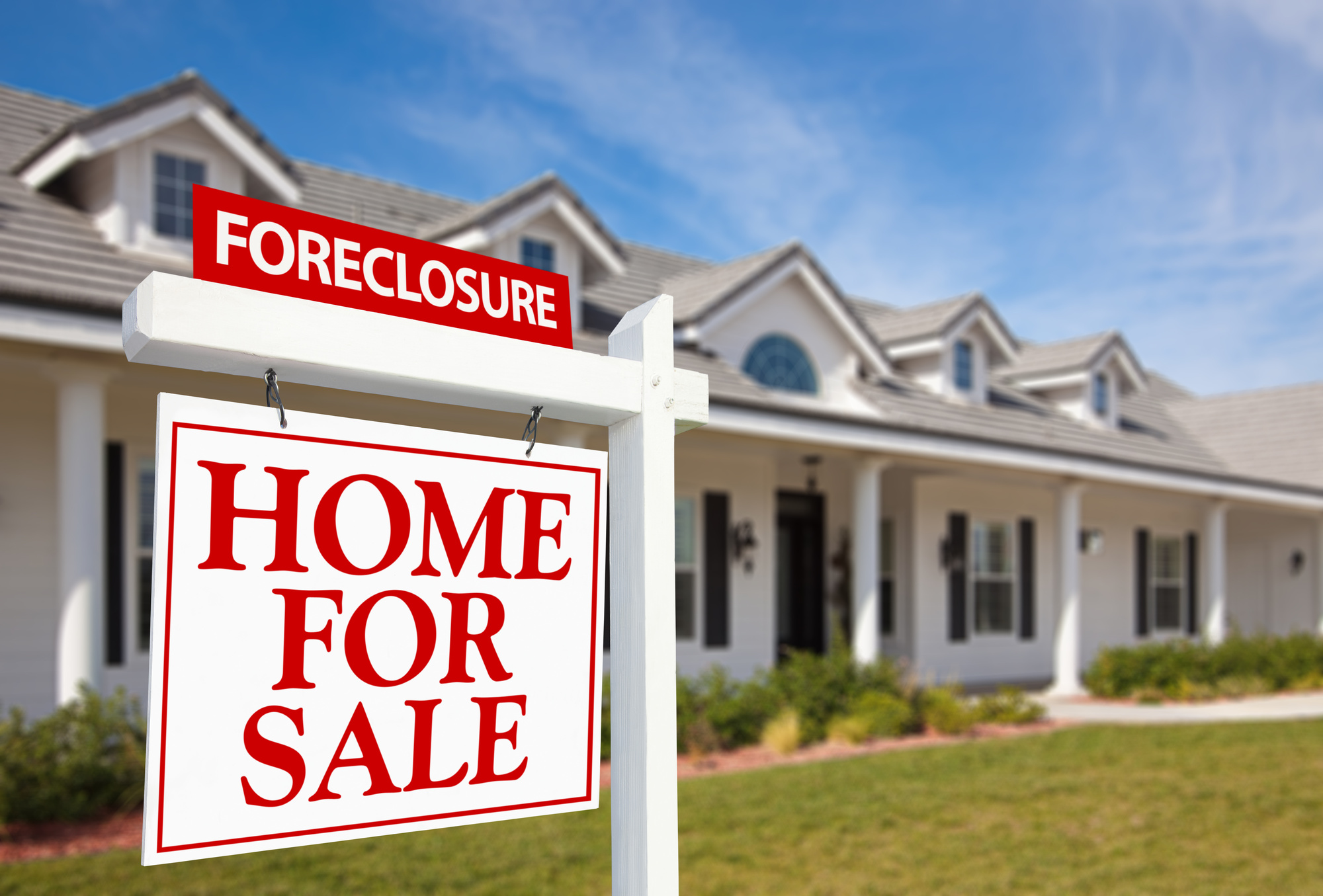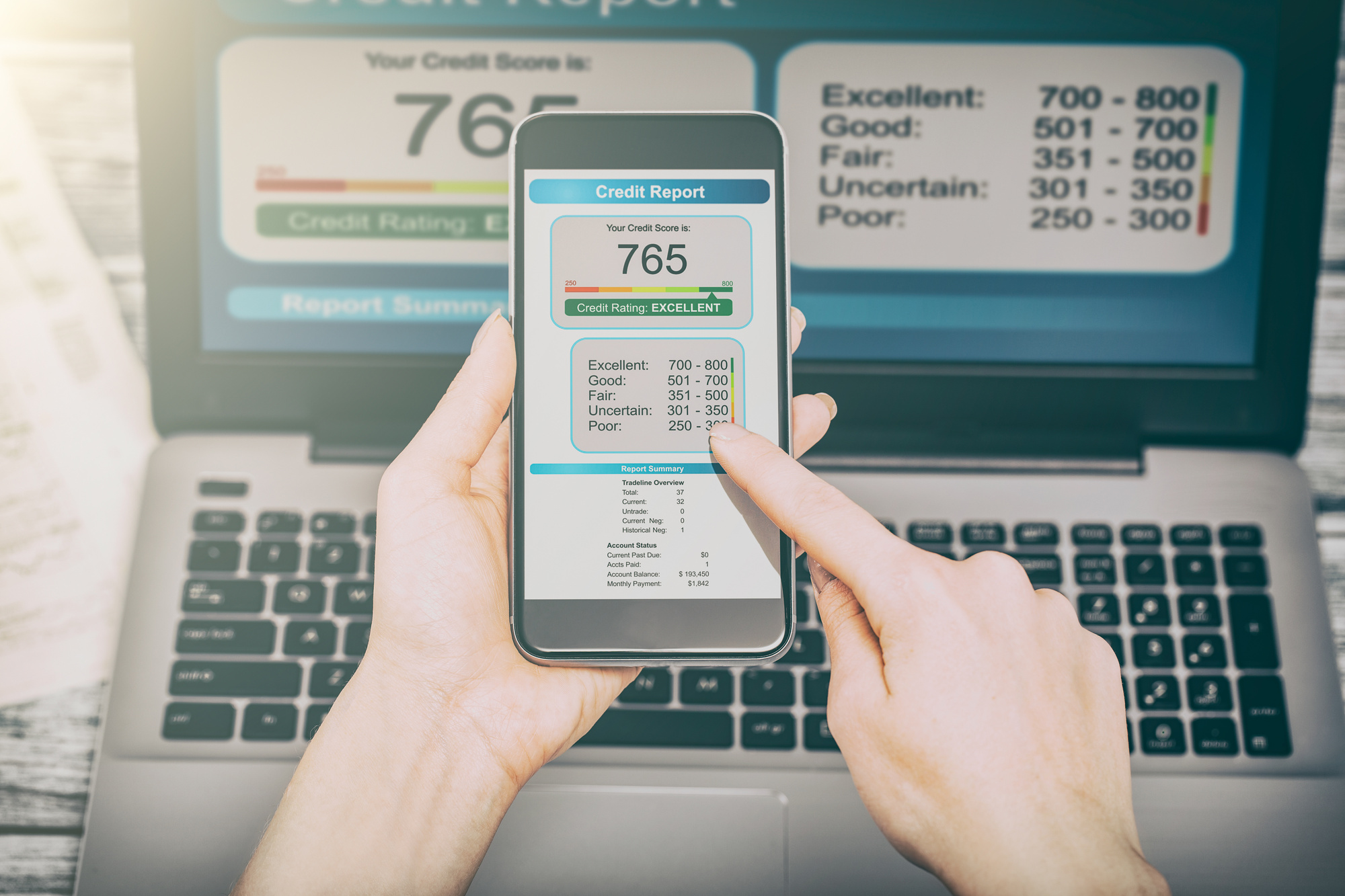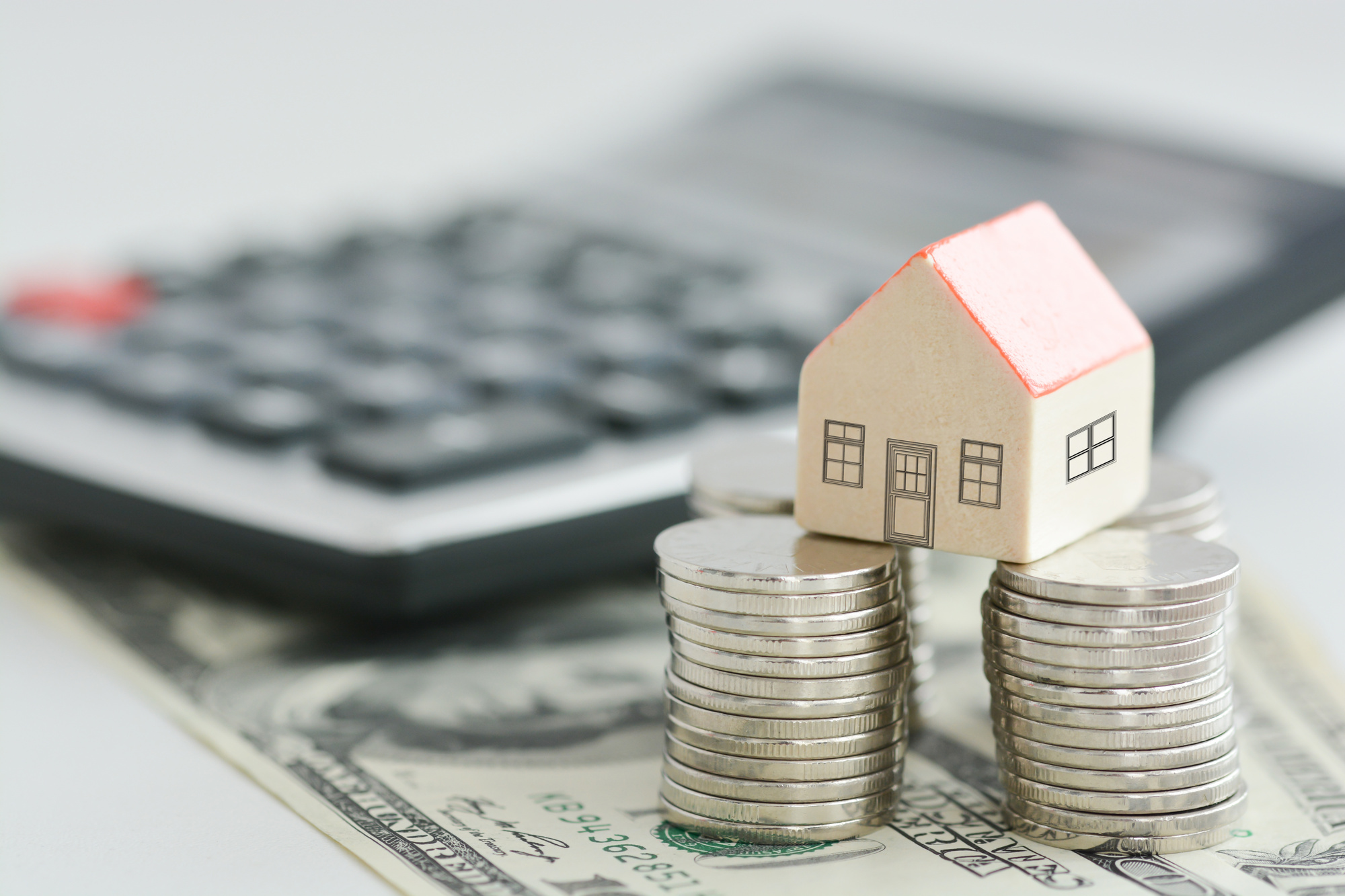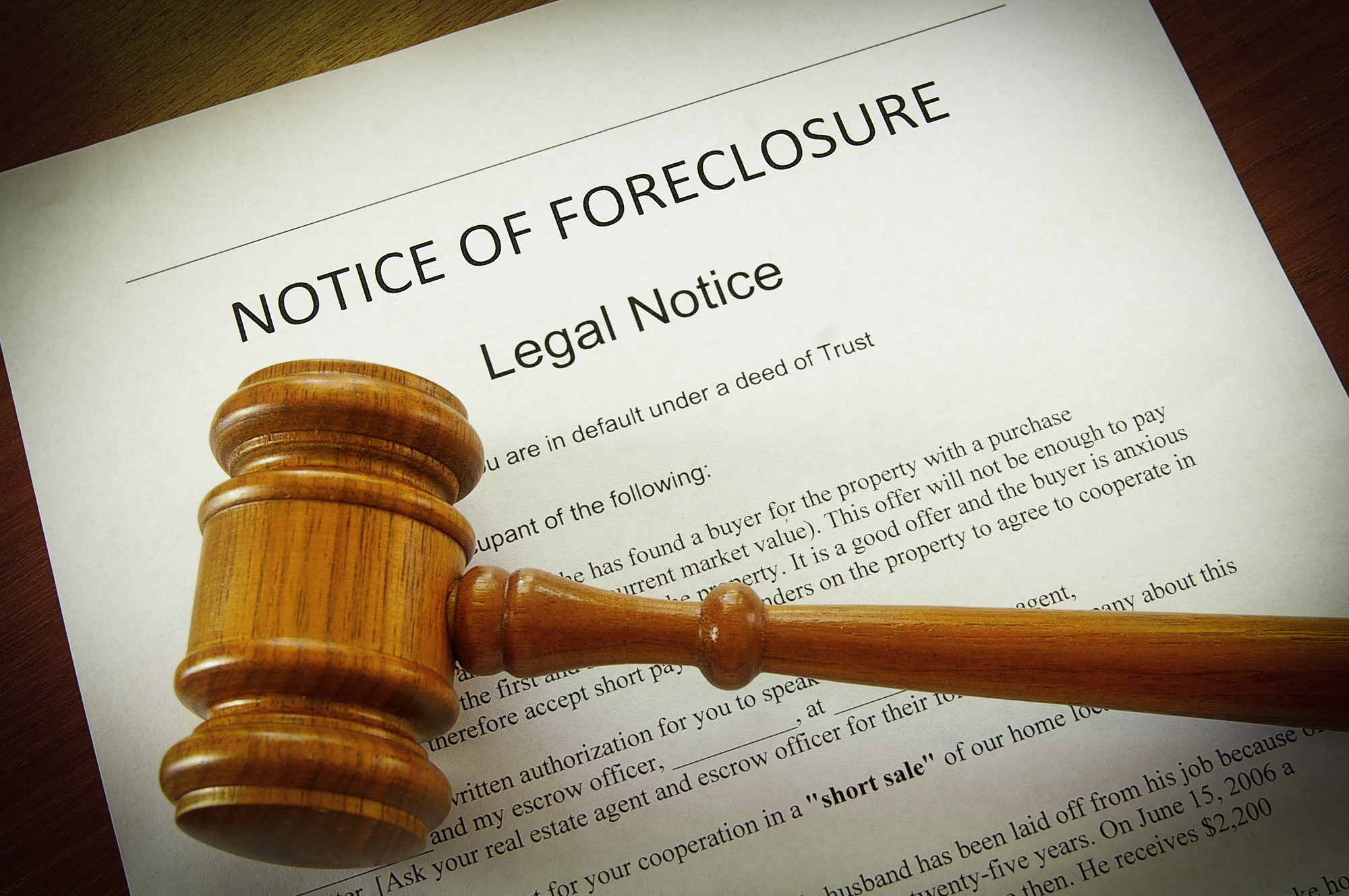The Most Common Issues to Look out for When Buying Foreclosed Homes
One in every 2,402 homes in the United States gets foreclosed.
Delaware has the highest rate, with one in every 831 homes facing foreclosure.
Buying foreclosed homes can seem like a great deal or investment. Often times, individuals who buy foreclosed homes “flip” them. In most cases, this means they buy them, rehab them, then sell them for market value.
While it seems amazing to buy a house for dirt cheap, everything comes with a price. With a foreclosed home, the price isn’t necessarily monetary, but you may pay in other ways.
Read on to find out about some of the issues to look out for when purchasing a foreclosed home.
Buying Foreclosed Homes: Previous Owner Destruction
In most cases, the previous owner of the home was kicked out of their house. This is typically due to non-payment of their mortgage over a period of months.
Obviously, this is an incredibly grim situation and a low point in their lives. They may have even lost their home due to circumstances beyond their control such as medical problems that rendered them unable to earn enough money to pay the mortgage.
Sometimes, this means that they take out their rage on the home itself. They may destroy part of the property with a sledgehammer, rip out sinks and fixtures, or even vandalize the property. They may also take appliances like refrigerators from the house.
There is little you can do about this, except repair the damage that they did.
Neglect
Some homes are foreclosed on because the owner neglected the property. This can happen often for individuals who have second homes but can’t keep up their payments on their secondary residence. As a result, their home gets foreclosed.
If the owner knew they could not pay for their second property, they may have stopped visiting it altogether and let it fall into disarray.
There could be issues with molding, trash in the home, the pool having insects or vermin in it, rotting wood, problems with the roof, etc.
Neglect can also occur when the previous owner lived in the property. Some people are not capable of cleaning and keeping up their home, especially if they suffer from physical or mental disabilities. By the time the home gets foreclosed on, there could be huge structural issues with the house.
You may even have the unpleasant issue of purchasing a foreclosed home in which a former owner was an animal hoarder. Animal urine and feces can also cause the wood inside the home to warp and rot, and you may have to redo the floors completely.
There Is No Disclosure
You’ve probably seen television shows in which the characters purchase a house and the real estate agent must tell you that five people have died in it.
There is no such disclosure when the bank owns the home.
Disclosure doesn’t have to be about nefarious goings-on in the house. It can mean disclosing to the new residents that there is asbestos in the attic or that the floor is rotted in the kitchen.
Since the bank hasn’t lived in the property, like the former residents, they will have no idea about any of this information.
In some cases, you can obtain records to see if there is anything about the house you should know about. But mostly, you’ll be in the dark.
That is, of course, unless the house you’re purchasing is already famous either nationally or by local legend.
Cleanliness
When you move into a new home, it is usually clean and ready for you to move in. Even if the property hasn’t been vandalized or neglected by previous owners, there is no guarantee the home is going to be clean.
Even if the previous owners were not neglectful of their property, they still might not have been particularly clean people.
You’ll have to make sure you do a thorough cleaning of the house before moving in or starting to flip it.
Vandalism
If the home sat by itself with no occupants for a long while, it could have been susceptible to vandalism. This doesn’t always mean that the vandalism needed to have come from former owners, either.
Local teenagers might have known the house was empty and went there to party.
People may have realized it was abandoned and went into the house to practice their graffiti and artwork skills on the walls. Or, they may have helped themselves to fixtures and appliances inside of the home.
They may have also vandalized the outside of the home, with spray paint, glue or anything else they may have felt like doing at the time.
Unfortunately, because you’re the new owner, it will be your responsibility to repair all of this once the house is yours. This can be a costly project, and often times, banks don’t give credit to people attempting to remodel a foreclosed home.
Is Buying a Foreclosed Home Worth It?
Buying foreclosed homes can be worth it or more trouble than they’re worth, depending on what your purpose is. If you’re looking for a huge project to complete with your family or hired contractors, it might be one of the best things you ever do.
If you’re a huge fan of remodeling homes then selling them, they also might present a fun challenge for you and those who are in business with you.
For more information on all things related to short sales and buying foreclosed homes, visit our blog.





